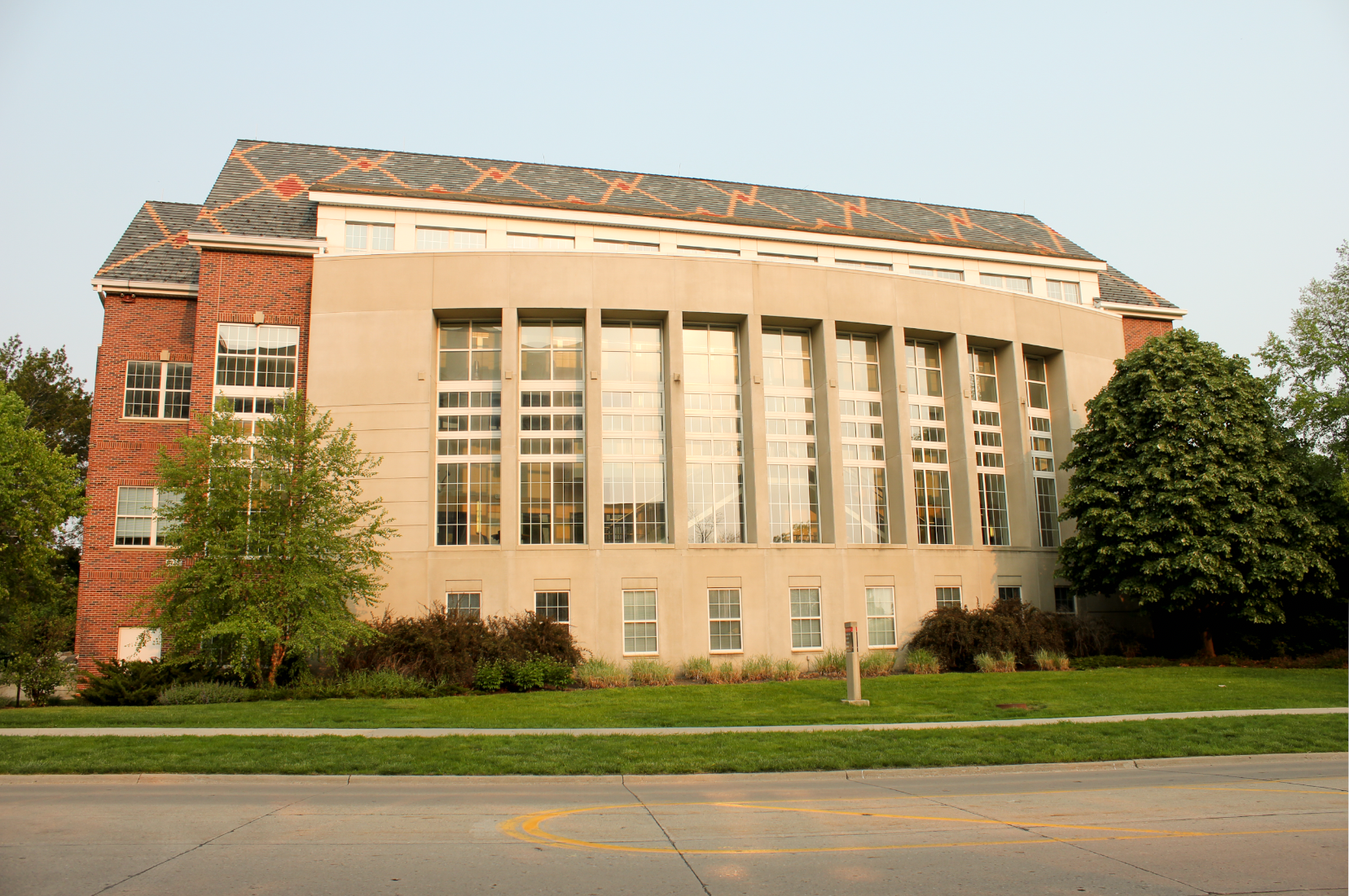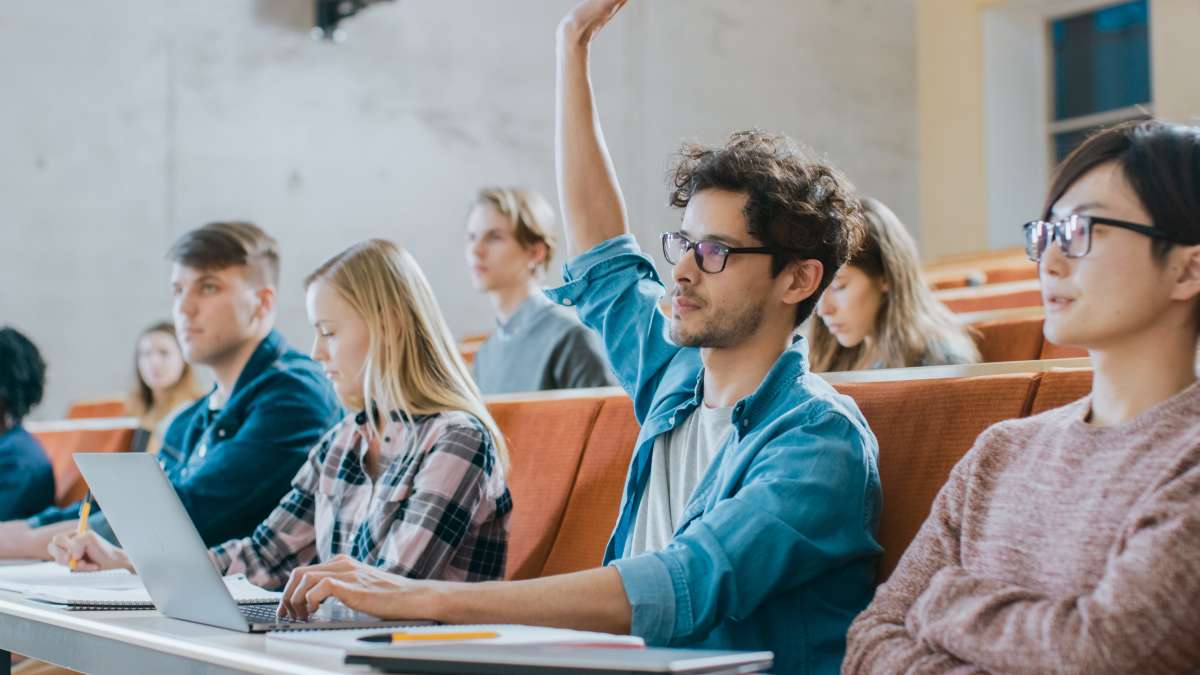What is the purpose of an accommodation?
Reasonable accommodations are there to allow the student with a disability an equal learning opportunity to their peers. Reasonable accommodations do not guarantee student success and do not provide an unfair advantage. Accommodations are intended to reduce or eliminate barriers to equal access and promote equal opportunities in order to ensure students with disabilities have equal access and opportunity to learn and participate fully in all educational programs at Iowa State University.
Academic Accommodations
Academic accommodations provide students with disabilities with equal access to course instruction, materials, and evaluation. They “level the playing field” by reducing/eliminating barriers caused by the interaction between a student’s disability and the learning environment.
Non-Academic Accommodations
Housing, dining, and assistance animal accommodations in college are crucial in meeting students' disability-related needs and ensuring access to education, living environments, safe dining options, and necessary support. Reasonable non-academic accommodations must be medically necessary to be approved.






